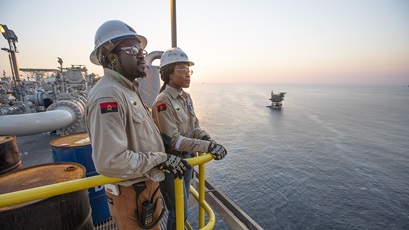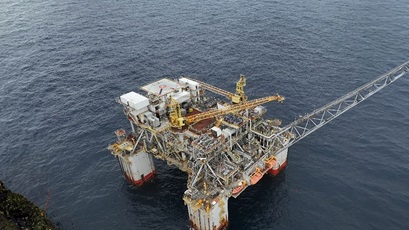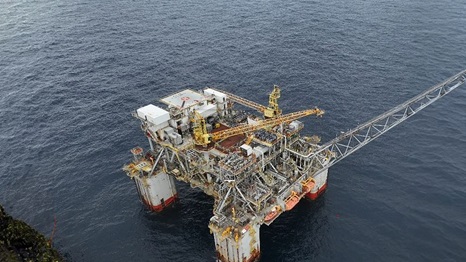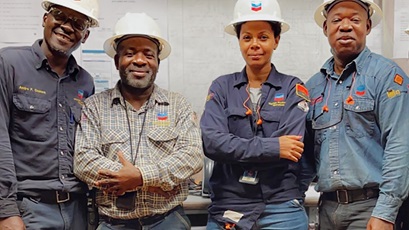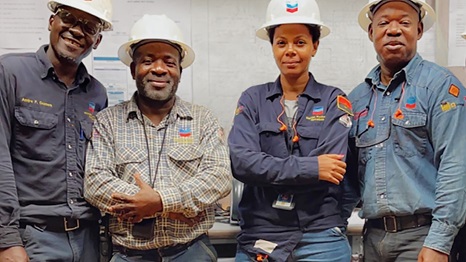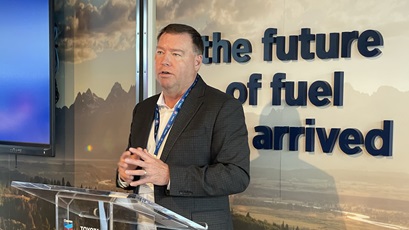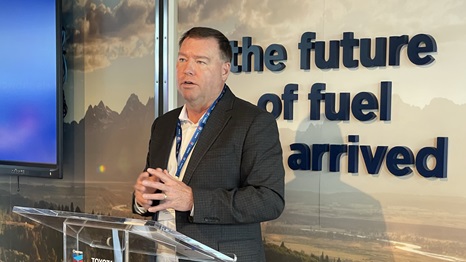our operations
permian basin operations to tap into more recycled water
2 min read | july 15, 2022
We reached an agreement with Aris Water Solutions in May 2022 that is expected to significantly improve our ability to efficiently recycle our produced water. It puts us on the path to using 80% recycled produced water for hydraulic fracturing in most areas by the end of 2023.
more on that
Permian wells can bring up as much as five times more water than oil and gas. We treat that “produced” water so it can be recycled and reused during hydraulic fracturing operations.
Produced water that can’t be recycled for Chevron’s hydraulic fracturing is transported to be used by other operators in their fracturing operations when and where possible. When this is not possible, water is safely reinjected thousands of feet into the ground.
Chevron continues to strengthen our water management practices worldwide. We’re seeking to protect fresh water by:
- Reusing, recycling and conserving produced water in drought-prone areas.
- Establishing benchmarks to determine the effectiveness of our water management practice, which allows us to report our performance to stakeholders on a regular basis.
why it matters
By using recycled water in our fracking operations, we help preserve fresh water and groundwater in drought-prone areas. And by responsibly removing produced water that is not used in fracking operations, we are taking voluntary action to address seismic risk concerns in some areas.

for the record
Last year, more than 99% of Chevron’s Permian Basin water demand was met using brackish groundwater (salty water extracted from the earth) and produced water that was treated and recycled. About 55% of water used was brackish, while the remaining 45% was recycled.
- While just less than 1% of our water was obtained from freshwater sources in 2021, we’re further planning to phase out brackish water.
- By doing so, we will continually reuse treated produced water that would otherwise be reinjected into the ground.
watershed moment
Under our agreement, Aris will use its existing pipeline infrastructure to make more produced water from Chevron and other operators available for recycling. This pipeline infrastructure can also be used to move produced water away from areas with known seismic activity.
Increasing the use of recycled water from the Permian moves us closer to our long-term target of reducing water reinjection for disposal purposes in the region. This moves us closer to a solution we’ve been searching for: a more sustainable way of handling excess water.
thought bubble
“Recycling produced water is not only a responsible practice from an environmental stewardship perspective; recycling provides an economic benefit too,” said Cullen Jones, a Chevron water operations engineer. “The produced water can typically be recycled at a cheaper price than brackish water sources can be purchased. This reduces the capital spend associated with developing new oil and gas wells.”
topics covered
related content
chevron email updates
Subscribe to our newsletter to receive news and updates.




